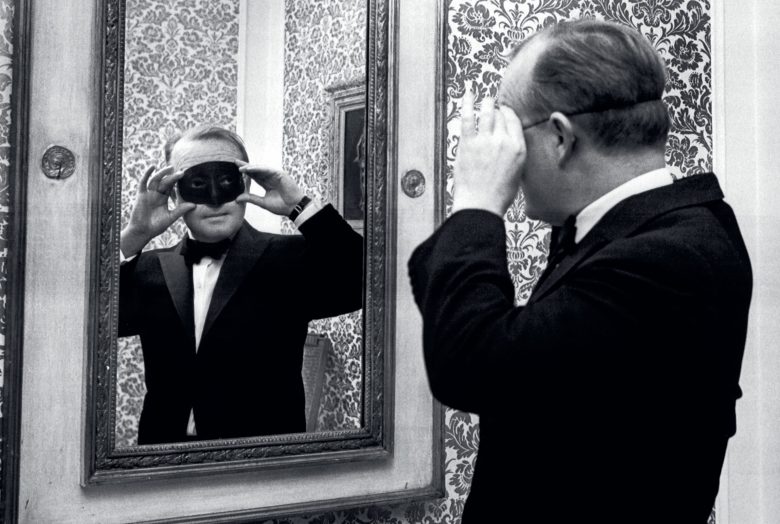
Susan Glaspell (1876–1948) wrote several novels and short stories but is probably best known as a dramatist and producer. Born in the rural farming state of Iowa in the USA, she often wrote about the land and people she knew so well and commonly dealt with issues of gender, power and patriarchy. Soon forgotten after her death, Glaspell is today recognised as a significant literary figure. Indeed, the feminist critic Elaine Showalter has described her as ‘one of the key players in American theatrical history’ (Showalter 2009, p. 262).
In 1917 Glaspell adapted her successful one-act play, Trifles, in which she had played the leading role opposite her husband, George Cook, into the short story ‘A Jury of Her Peers’. Drawing on her previous experience as a journalist and courtroom reporter for the Des Moines Daily News, Glaspell describes two simultaneous investigations into the murder of John Wright in his lonely Dickson County farmhouse. The official enquiry is undertaken by the local agents of law enforcement, Sheriff Peters and the lawyer Mr Henderson, together with a respected community leader, Lewis Hale. They are accompanied to the scene of the crime by Mrs Peters and Mrs Hale, who have been asked to collect the personal belongings of the prime suspect, Farmer Wright’s wife, Minnie, and deliver them to her prison cell.
Your organisation does not have access to this article.
Sign up today to give your students the edge they need to achieve their best grades with subject expertise
Subscribe




